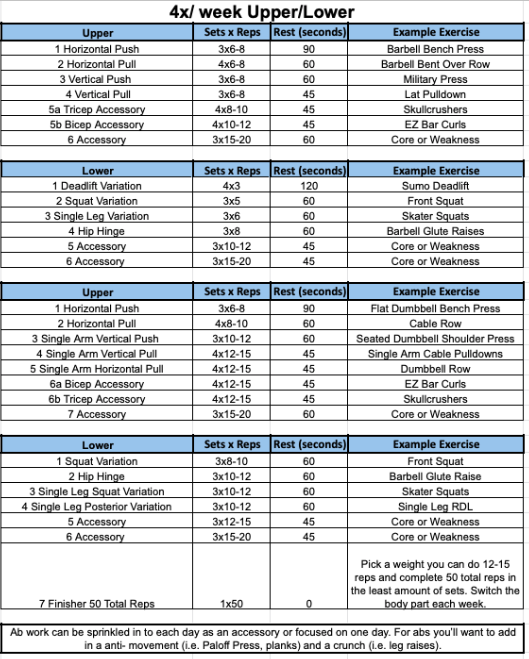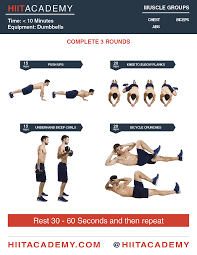
You will need to be able to estimate how much you could make per hour and annually if you are interested in becoming a certified personal coach. In addition, you'll need to know the prerequisites for getting certified as a personal trainer. Here's more information about them.
Average hourly rate in 2017 for a certified personal-trainer
The hourly rate of a certified personal training professional is about $25. Based on ACE's survey, this figure stands at $25 an hour. However, prices vary by location. Part-time trainers generally charge about $25 to $35 an hour. They are paid on commission and do not get a flat hourly rate. Trainers also have access to a wider range of benefits. Only five percent of personal trainers who work part-time report receiving benefits. 17% of full-time personal training staff reported receiving benefits.
Independent trainers charge an hourly rate based on their experience and client base. You can also set your rate. This isn't a guarantee of how much you will make. You should do your research to determine your potential earnings in your locality.

Average annual salary for certified personal trainer
The average salary of a certified personal trainer is $32,039. However, it is possible to earn a higher salary depending on your geographic location. In the United States, certified personal trainers make the most money in California, Hawaii, Alaska, and Vermont. Education and experience are important factors in the salary of any profession.
The fitness industry is experiencing rapid growth and many job opportunities exist. The best people will make a decent salary if they have the right credentials. An average personal trainer's annual salary is around 50k. They can also set their own work hours. However, before deciding on a salary, it is important to keep in mind the cost of living in your city.
Although salaries for certified personal-trainers range from $30,000.550 to $66,000 each year, the median salary for trainers with a bachelor's degree is considerably lower. Additionally, personal trainers of color receive less than their white colleagues because the industry is predominantly white. A recent survey found that personal trainers who have a doctorate earn higher salaries than those with bachelor's degrees.
Prerequisites to become a certified personal trainer
Personal trainers are experts in fitness science, nutrition, and the creation of customized training programs. In addition to these skills, personal trainers also need to be good coaches and have analytical and motivational skills. A high school diploma is required for most personal trainer certification programs. However, you can pursue an associate's/bachelor's degree.

Once you've earned your personal trainer certification, you can start searching for a job. You can search online or at health facilities in your area. You can also check online job boards, Facebook groups, and social media to find positions that match your qualifications. Consider taking a course on resume writing in addition to these online resources.
You must successfully complete a personal training program and pass an exam to become certified. A typical certification program will require you to evaluate a client's fitness level and design an exercise program for them. Some programs may require you show your teaching skills. Written exams will test your knowledge about human anatomy and the benefits associated with exercise.
FAQ
What if I am exercising and want to eat?
Yes. Yes. Low-calorie snacks like watermelon and carrots, celery apples, bananas, grapes, celery, celery, celery, celery, celery, apple, bananas, and carrots are best. These foods have nutrients that can help you perform better in your workouts.
Does exercise cause me to lose weight?
Yes. Yes. Regular exercise can help you lose weight and burn extra calories. Exercise also helps keep your metabolism up, so you continue to burn calories even when you aren't exercising.
What happens if there isn't enough sleep?
If you don't get enough sleep, your brain doesn't receive the signals needed to regulate hormones and chemicals in regulating appetite and metabolism. This can lead to weight gain and excess eating. Lack of sleep also increases stress levels, which can lead to overeating.
Statistics
- Adolescent girls were less active than adolescent boys, with 85% vs. 78% not meeting WHO recommendations of at least 60 minutes of moderate to vigorous intensity physical activity per day. (who.int)
- One study showed that adults who watch more than 4 hours of television daily had an 80% higher risk of death from cardiovascular disease. (heart.org)
- Globally, 81% of adolescents aged 11-17 years were insufficiently physically active in 2016. (who.int)
- In high-income countries, 26% of men and 35% of women were insufficiently physically active, as compared to 12% of men and 24% of women in low-income countries. (who.int)
External Links
How To
How to motivate yourself into following a fitness regimen
A fitness program is a collection of exercises that you do regularly over a period of time. It helps to tone and build muscle mass. Regular physical activity improves cardiovascular health and reduces blood pressure, cholesterol levels, risk of heart disease and stroke, diabetes, depression, anxiety, stress, obesity, osteoporosis, and many other diseases. Exercise provides psychological benefits like self-esteem and confidence, mood, energy levels, sleep quality, and social interaction.
Why would you choose to make your own fitness program?
A fitness program is a great way to lose weight, improve health, and stay fit. But why would you want to follow one? Let's see!
What does it mean, to be a part of a fitness program?
It's about engaging in at least three physical activities per week. It doesn't have to take you hours to exercise; 30 minutes is all it takes to burn calories, keep you fit, and help you stay healthy. You must stick to your plan. It doesn't matter if you skip a day or two. Just keep going.
What time should I devote to my exercise routine?
The amount of time you spend on a workout depends on your level of activity. For a moderate workout, it takes between 20 and 30 minutes. If you are new to exercise, start slowly, with 5-10 minutes at first. Once you feel comfortable, increase your duration slowly.